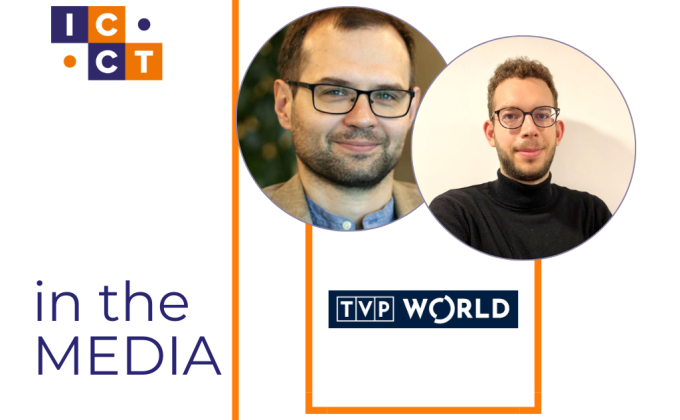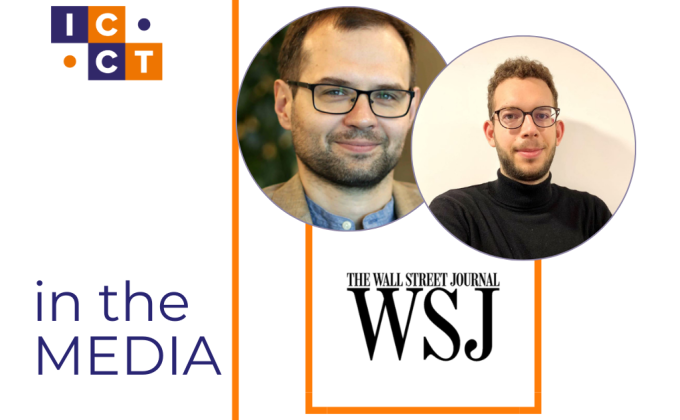Within a few weeks of the horrific attacks of 9/11, the US went to war in Afghanistan as a response and an attempt to locate the authors of that heinous deed. Special Forces went in first, followed by thousands, then tens of thousands, then hundreds of thousands of troops. This was done to neutralise the threat posed Al Qaeda, the terrorist organisation behind the deliberate flying of three aircraft into the twin towers of the World Trade Centre in New York and the Pentagon in Washington. A fourth plane crashed in a field in Pennsylvania after passengers fought the people that had hijacked it.
In Afghanistan, the US was joined on the ground by many of its allies, including my own country Canada. Seventeen years later, the US still has 15,000 troops in Afghanistan, while other nations, including Canada, have since withdrawn their forces. The military effort in Afghanistan is not going well, at least if we narrowly judge it by the number of successful terrorist attacks by the Taliban and a second actor: the Afghan franchise of Islamic State (IS), which itself is a product of the US-led war in Iraq.
Less than a year after 9/11, a very interesting article appeared in Foreign Affairs, penned by a Paris-based researcher named Grenville Byford. The piece, entitled The Wrong War, begins with the following observation:
Wars have typically been fought against proper nouns (Germany, say) for the good reason that proper nouns can surrender and promise not to do it again. Wars against common nouns (poverty, crime, drugs) have been less successful. Such opponents never give up. The war on terrorism, unfortunately, falls into the second category.
Rarely have truer or more profound words been written on terrorism.
The ‘war on terrorism’ has gained currency since the 9/11 attacks, although this ‘war’ may have predated those attacks in some locales. Shortly after the 2001 attacks, President George W. Bush also infamously described the conflict as a ‘Crusade’, conjuring unhelpful associations with the brutality of the 11th century Christian Crusaders. Former Al Qaeda leader Osama bin Laden responded: “Our goal is for our nation to unite in the face of the Christian crusade … Bush said it in his own words: "crusade." When Bush says that, they try to cover up for him, then he said he didn't mean it”. Other names for the conflict include the ‘Global War on Terror’, the ‘Long War’, and, more recently, the dread-inspiring ‘Forever War’, which is growing in use.
All these phrases frame counterterrorism in terms of military action, indeed in terms of years-long military campaigns. The underlying suggestion, leaving aside the fact that ‘war’ can be used metaphorically, is that the primary response to terrorism must be a military one. I want to argue that this approach and framing of counterterrorism is wrong and causes more problems than it solves.
In addition to the very good points made by Mr. Byford in his essay all those years ago, there are several reasons to abandon the notion that counterterrorism is only or best seen as a military engagement. These can be summarised as follows:
- Armed response is frequently a blunt instrument and can be distinctly counterproductive in a setting where precision is often needed. Airstrikes have killed untold numbers of civilians and these civilian deaths have fed terrorist narratives and in turn helped in the recruitment of new members. Drone strikes and Special Forces operations are better and more narrowly focused, but these too have their drawbacks. Civilians still die in these actions, and these tragedies can be exploited by opponents for propaganda and recruitment purposes.
- Military deployments are very expensive. The money used to transport and maintain thousands of troops in theatre could be better spent on better counterterrorism approaches and tools, some of which will be discussed below.
- A key component of terrorist narratives is that their actions are part of a larger conflict and a response to outside-aggressions. Seeing and framing counterterrorism as ‘war’ supports such a narrative. As al-Qaeda’s erstwhile leader Osama bin Laden once stated “You will be killed just as you kill, and will be bombed just as you bomb.”
The emphasis on the use of military force to counteract terrorist groups also runs the risk of overlooking or underemphasizing the important contributions to preventing terrorist violence made by other actors. Specifically, security and intelligence services, law enforcement agencies, and, perhaps no less important, civil society and local actors. Addressing terrorist threats through alternative channels can also bring advantages over military action as well as opportunities for creative responses, including:
- Significantly lower costs;
- Avoiding indiscriminate targeting and collateral damage that warfighting can entail;
- Capturing terrorists and processing them through the court system and in accordance with national or international law, demonstrating a principled and rule-of-law based approach;
- The ability to produce and present counternarratives that can play a role in undermining and negating the narratives propagated by terrorist groups, thus undercutting their appeal and recruitment potential;
- Developing preventative, early intervention, counterradicalisation, and counterterrorism programs.
We should have learned by now that declaring war on social ills rarely succeeds. The war on drugs is a prime example of how the disbursement of billions of dollars over many decades has had virtually no effect on the drug trade and the numbers of individuals who die from drug overdose and related violence. This is not to say that progress has not been made. It is interesting to note that several countries (Portugal is one example) have more or less abandoned the ‘war effort’ in relation to drugs and opted for decriminalisation over a much simpler (and less effective strategy): i.e. arrest and prosecution
So it should be with terrorism. We cannot, and should not strive to, eliminate the role of the worlds’ militaries completely in counter-terrorism related efforts. There are circumstances in which a significant military role is required, such as in dealing with the emergence of ISIS/Da’esh that controlled and governed substantial territories. ISIS/Da’esh and its control over substantial territories is the exception, however, not the rule. Terrorist groups rarely control meaningful amounts of territory, instead tending to blend in with the local population. It is here that a large military response is overbearing and indiscriminate, creating casualties among the innocent that serve as propaganda points for the terrorist groups in the area. If the military is to be used it should be used judiciously. An example of this can be found in the Special Forces operation that killed bin Laden in Abbotabad. Additionally, drones are superior to air strikes, although their use still leads to more civilian ‘collateral damage’ than military leaders are willing to admit.
The best way to disrupt terrorist plots is through intelligence and law enforcement action. Human sources can penetrate terrorist cells and communications can be intercepted, by warrant or through signals intelligence. Terrorists can be neutralised, or even killed if there is no option, and brought to justice, and civilian losses can be minimised. Countries with substandard intelligence and/or law enforcement practices can be trained to become better at them.
We must also acknowledge that the earliest possible identification of radicalisation to violence lends itself to possible diversion. If those who have taken the first steps to violent extremism can be convinced of the error of their ways, then great. If not, security and law enforcement can take over.
It is perhaps far too late to stop the juggernaut that is the ‘war on terror’. Too much has been invested and there are too many interested parties involved, not to mention the benefits accruing to the arms industry. Nevertheless, it is not a good idea to keep embracing a bad idea just because we have been doing so for almost two decades. The perceived ‘war’ is not being ‘won’ and a continuation along this path does not bode well. The time to declare an end to the ‘war on terrorism’ has arrived.








